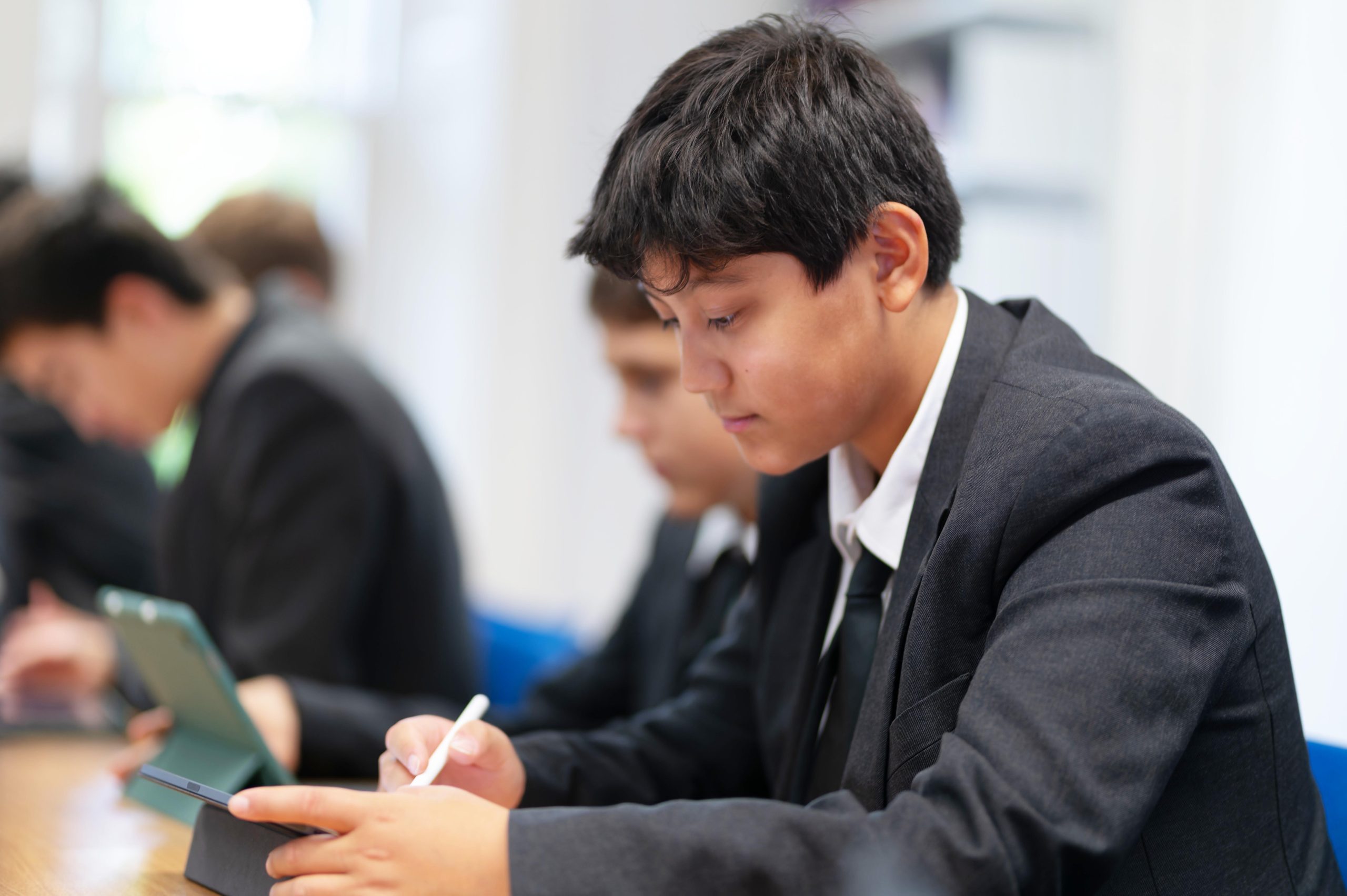Russian is taught as an optional subject from the Lower Shell (Year 10). The Edexcel GCSE Russian course aims to provide pupils with a solid grounding in vocabulary, grammar and Russian culture. The examination tests all four skills (listening comprehension, reading comprehension, speaking and writing), and they are weighted evenly, all being worth 25% of the total mark. The qualification is graded from 9 to 1.
About
Curriculum
Enrichment
Staff
After Westminster
-
About
Russian is the largest native language in Europe, with around 144 million speakers in Russia, Ukraine, Belarus and many other eastern European countries. It is the fifth most spoken language in the world, and is used all over ethnically diverse Russia and the former Soviet Union as a lingua franca and language of business.
Russian is not just a highly rewarding language to study; it is also a gateway to some of the most influential thinkers, writers and artists of the 19th and 20th centuries. Competence in the Russian language enables you to read Chekhov’s short stories, Akhmatova’s poetry and – eventually – the ‘thick novels’ of Dostoevsky and Tolstoy. Contemporary Russian culture is equally fascinating, and much can be learnt about post-Soviet politics and everyday life from the films of Balabanov, Serebrennikov and Zvyagintsev.
-
Curriculum
Lower School
Syllabus & CodeEdexcel GCSE 1RU0 RussianUpper School
The Edexcel A Level is designed to familiarise pupils with social, political and cultural themes relating to the Russian language, its culture and communities. It covers such topics as youth culture, education, the world of work, the media, mass culture and festivals. Pupils also analyse a contemporary Russian film, and later explore historical topics such as urban change in Russia and the collapse of the USSR. We also undertake close analysis of a literary text, enabling pupils to put their advanced reading ability to use and to develop their comprehension skills.
Syllabus & CodeEdexcel A Level 9RU0 RussianEnrichment
Trips are arranged to films, exhibitions and the theatre. During the Easter holidays of Sixth Form (Year 12), pupils spend two weeks in Riga, Latvia, as part of an exchange programme. A language course combined with accommodation in a Russian-speaking family provides both academic stimulus and an opportunity for closer acquaintance with the Russian way of life. Pupils are encouraged to take part in the events of Slavic Society, which include regular pupil-led talks, guest lectures and cultural visits.
Staff
* denotes Head of Department
Mr Conor Foster (CMF) — Learning Development Assistant
† denotes Housemaster
Mr Nick Massey (NPM) — Upper School RSHE and Wellbeing Lead; Head of Russian *
Dr Anna Miller (ASM) — Russian Assistant
After Westminster
More than a dozen top British universities offer courses in Russian and are very keen to recruit pupils with a good prior knowledge of the language. We have an excellent record in placing pupils at Oxford colleges in particular. Russian (usually language and literature) can be studied in higher education with another language, on its own or in a variety of more broadly based combinations such as Russian and English, Russian and History, Russian and Philosophy, and Russian Studies; it can serve as an introduction to the other Slavonic languages, too.
 "Russian is like no other language or culture you can study. I was hooked from the moment I began learning the Cyrillic alphabet!"
"Russian is like no other language or culture you can study. I was hooked from the moment I began learning the Cyrillic alphabet!"— Year 10 pupil
